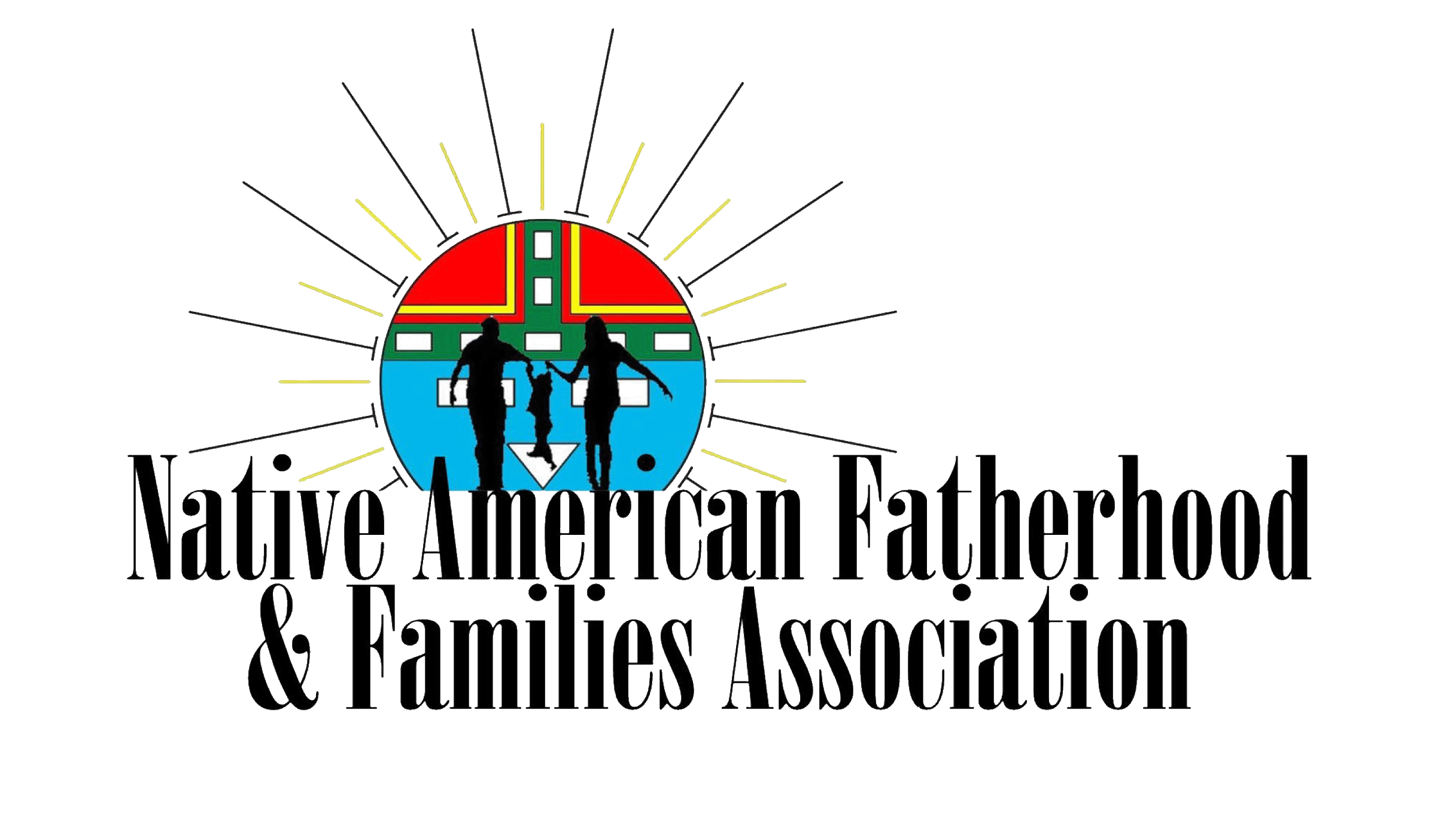Foster Care Program: Do We Really Care?
- Admin
- Aug 8
- 4 min read
Valerie Steimle-Hollobaugh
When eight-year-old Tara arrived at her new foster home, she carried only a faded blue backpack. It was the same one she had carried to every new house for the past two years. Inside were two shirts, a toothbrush, and a small stuffed rabbit with worn-out ears.
Her new foster mother, Mrs. Miller, greeted her at the door with a smile that seemed almost too bright for Tara’s tired eyes. “Welcome, sweetheart. Dinner is on the table.”
Tara didn’t say much that first night. She sat at the edge of her chair, pushing peas around her plate. The voices at the table were friendly, but they felt far away—like hearing music from a house down the street.
Over the weeks, Mrs. Miller never pushed Tara to talk. She simply sat with her while doing puzzles, let her help stir pancake batter, and tucked her in every night with a soft “Sleep well, love.”
One afternoon, Mrs. Miller noticed Tara’s backpack sitting open on the couch. The little stuffed rabbit peeked out, and something else caught her eye—a crumpled piece of paper.
It was a letter Tara had written but never sent. The handwriting was uneven: "Dear Mom, I don’t know where you are. I hope you’re okay. I’m okay. I have my bunny. I miss you."
Mrs. Miller didn’t say anything about the letter. Instead, she bought a small notebook and left it on Maya’s bed with a note of her own: "For your thoughts, your dreams, and anything you want to share—or not share. It’s yours."
Months passed. Slowly, Tara’s blue backpack stayed in her room instead of by the door. She started drawing pictures of rabbits in the notebook, then houses, then smiling stick figures holding hands.
The day she was adopted, she brought her blue backpack with her—not because she was afraid of moving again, but because it was part of her story. Inside, along with the stuffed rabbit, was a folded paper. It read: “Dear Mom, I’m still okay. I’m safe now. I have more than my bunny—I have a family.”
This was a happy ending to a sad story. As a country who provide day-to-day care for those children who cannot safely remain with their biological parents, it doesn’t always end so well. According to USAFacts, there were approximately 368,530 children in the foster care system in the United States in 2022. Many of these children have been traumatized and abused which causes emotional strain and grief. There are challenges which is why foster parents are so important to a child who is taken from their own parents.

Even with the required training and meeting safety standards, these foster children’s needs are not always met. Native American Fatherhood and Families Association (NAFFA) believes the importance of fathers and mothers strengthening and nurturing their children in a safe and happy home. We train parents to lead an enhanced awareness of the sacred purpose of families, even for those families with foster children.
The ultimate goal for foster parents is to instill resilience and well-being for those in their charge which would contribute to healthier relationships. NAFFA’s Three Pillars of Change is a perfect fit for foster parents who want to boost foster children in their care.
First, foster parents must boost these foster children’s self-worth. Much of a person’s self-worth is tied directly to the safety and wellbeing of the child from the strength of the parents. What a person learns at home lasts the longest and they must know they are loved. These foster children will develop the courage to do what is right and value the positive relationships in their life with positive self-worth.
Second, foster parents must help their foster children learn their true identity. They must know that they are a cherished child who is loved. They must learn about the good from their grandparents and great grandparents and the talents they themselves have inside them. Learning our true identity helps us to recognize and determine our purpose in life.
This leads to our third pillar strengthening foster children and that is to understand their purpose in life. When we have a clear sense of purpose, we can tackle challenges and gain direction of where we want to go. Without purpose, life can feel like a series of disconnected events. Imagine being moved around from family to family, not really knowing where they will end up or what the future holds. Knowing our purpose can be the anchor that helps them find stability and hope.
Foster parents are more than caregivers- they are lifelines to living a happy life within a family setting. They step into a child’s world at a time when that world feels broken, offering not just a roof overhead, but the warmth of belonging. They show these children that they are seen, valued and loved. Foster parents walk a delicate path, loving children who may only be in their arms for a season, yet leave an imprint that lasts a lifetime. They give the gift of stability, hope, and healing, one child at a time.





Comments